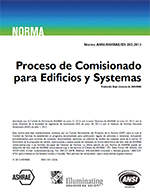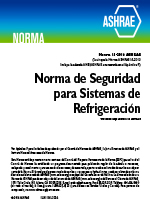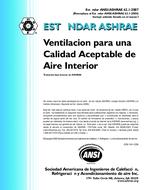Description
HVAC maintenance measures in residential and small commercial buildings have been demonstrated in the laboratory to have the potential to save a significant amount of energy. This significant potential for savings has prompted utilities across the nation to include HVAC maintenance measures in energy efficiency programs. This is currently seen as the cutting edge of utility HVAC programs. However, evaluation, measurement and verification (EM&V) studies of these programs have shown mixed results. This paper presents analysis of the sources of uncertainty in delivering and measuring these programs. The gaps that can account for the discrepancy between the potential and the measured savings are described. By identifying the range of issues, program planners can address as many as possible of the potential sources of uncertainty.
Measurement issues are of particular focus. An analysis is done of the uncertainties in the measurements of common variables as measured in the laboratory, by EM&V teams, by participants in maintenance programs, and by typical contractors. These uncertainties were combined to identify the resulting uncertainty in the calculated subcooling, superheat, EER values and annual kWh. The remainder of this paper presents recommendations for improving maintenance measures, based upon the uncertainties identified.
Citation: ASHRAE Trans., vol. 118, pt. 2, San Antonio, TX
Product Details
- Published:
- 2012
- Number of Pages:
- 8
- File Size:
- 1 file , 610 KB
- Product Code(s):
- D-SA-12-C020




